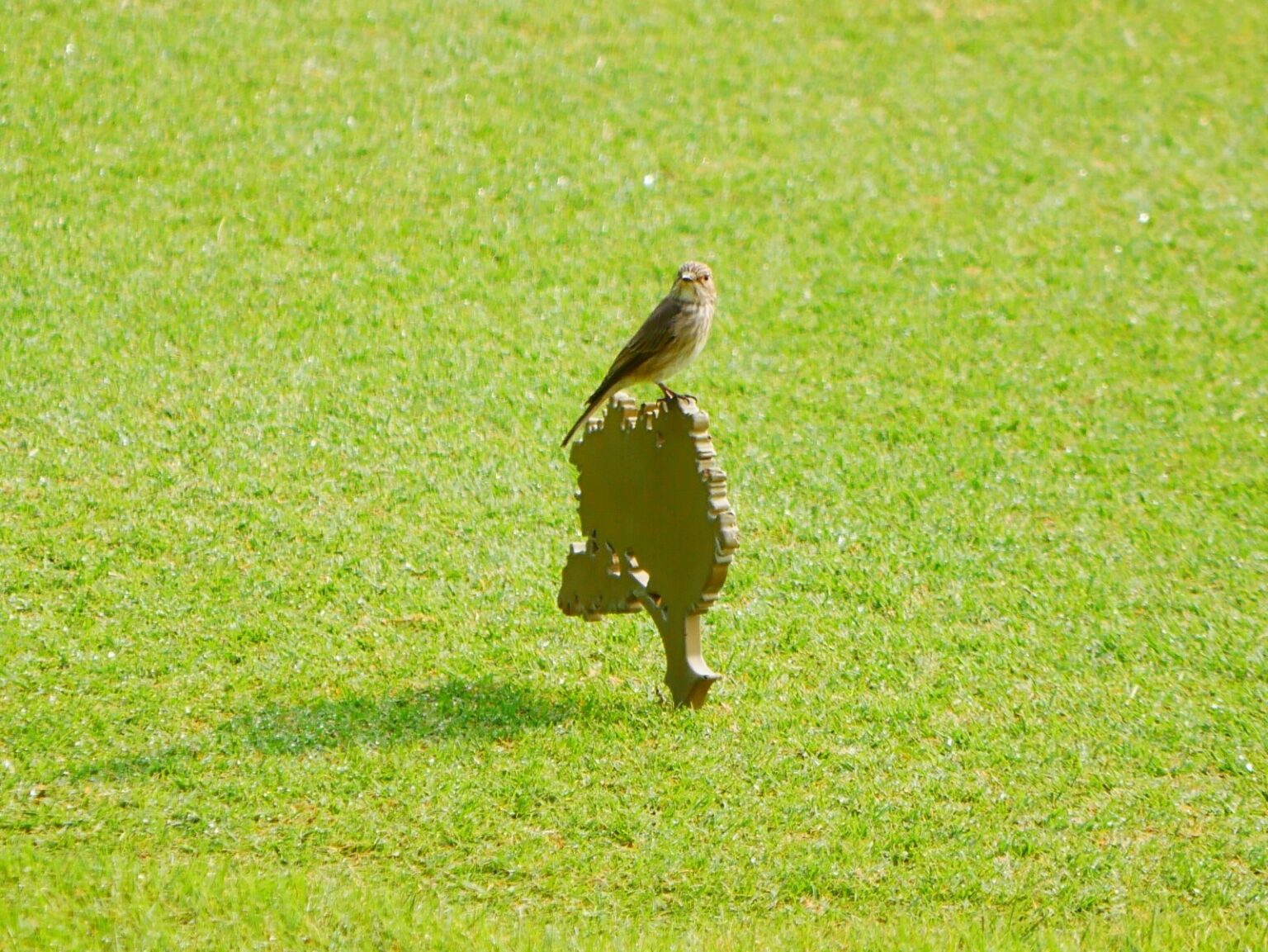Nestled near the vital migratory corridor between Europe and Africa, Finca Cortesin, the host venue of the 2023 Solheim Cup, has taken a groundbreaking step towards showcasing the potential for golf courses to serve as havens for biodiversity with their Golf & Birds study. Running from October 2022 to October 2023, this study exemplifies the resort’s dedication to merging sport with nature, positioning itself as a leader in sustainable golf tourism. By conducting monthly bird censuses at 11 observation points throughout their playing and non-playing areas, the resort’s team of ornithologists and environmental experts were able to identify 65 bird species and 3,807 individual sightings.
The comprehensive methodology of the study included over 73 hours of daytime observation, with time periods ranging in duration but averaging 30 minutes per day. Notable findings included the presence of 14 bird species with conservation status and 11 raptor species such as black kites, booted eagles, and peregrine falcons. Black kites were the most frequently recorded species, with 544 individuals spotted, followed by Sardinian warblers and rock doves. The study also revealed significant nocturnal activity, capturing sightings of Eurasian eagle owls and little owls.
Seasonal migration patterns were distinctly mapped out, with the month of February showing the highest abundance of birds at 759 individuals, followed by a secondary peak in July. The resort’s two lakes, totaling 11,500 m², played a crucial role as both irrigation reservoirs and essential habitats for various species, providing food and shelter during the birds’ arduous journeys. As Vicente Rubio, President of Finca Cortesin, expressed, the Golf & Birds study exemplifies the resort’s commitment to conservation and biodiversity, with hopes to inspire the wider golf community to recognize the ecological potential of responsibly managed courses.
Ignacio Soto, Head Greenkeeper at Finca Cortesin and the driving force behind the study, emphasized the importance of continuous environmental stewardship. Soto stated that by continually monitoring biodiversity, they can adjust their management practices to better support local and migratory species, viewing the golf course as a living ecosystem rather than just a playing field. In alignment with their broader environmental ethos, the resort has implemented various practices such as advanced irrigation systems to conserve water, chemical-free groundskeeping to protect soil and water health, and the preservation of native Mediterranean flora to provide essential habitats for local and migratory species.
Furthermore, Finca Cortesin is dedicated to ongoing biodiversity monitoring and aims to collaborate closely with conservation experts to refine and enhance their sustainability strategies. The findings of the Golf & Birds study serve as a model for the golf industry, showcasing how courses can actively support conservation efforts by acting as safe havens for wildlife, enhancing biodiversity through habitat protection, and reducing environmental impact through sustainable water use and pesticide-free maintenance. For more information on Finca Cortesin and their environmental sustainability strategy, visit www.fincacortesin.com.


